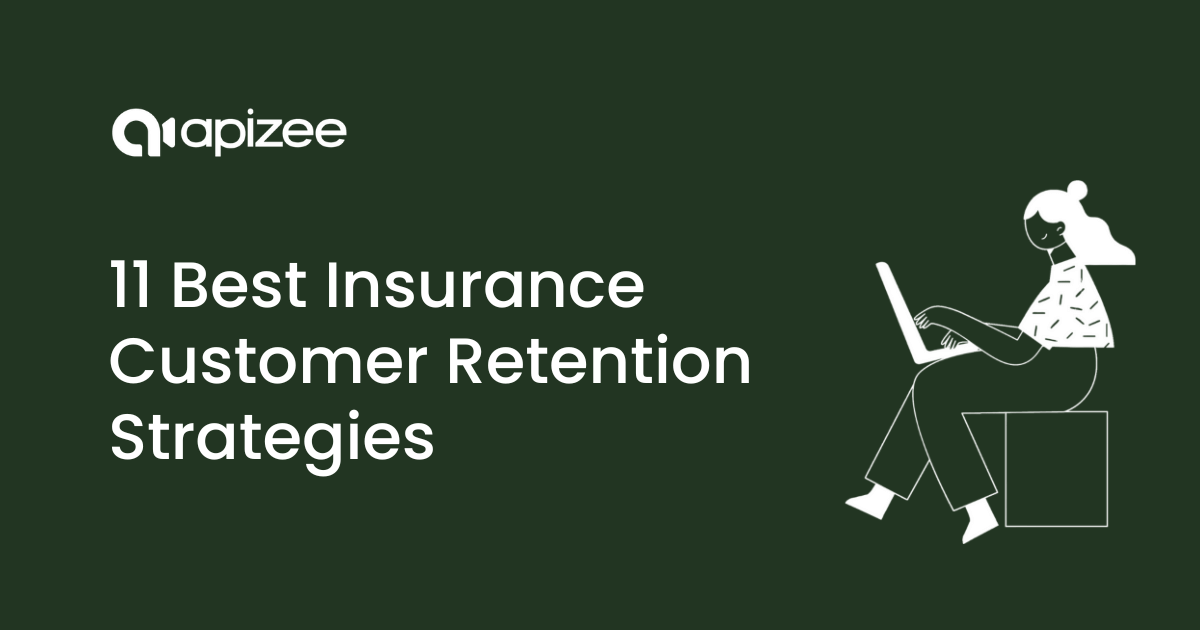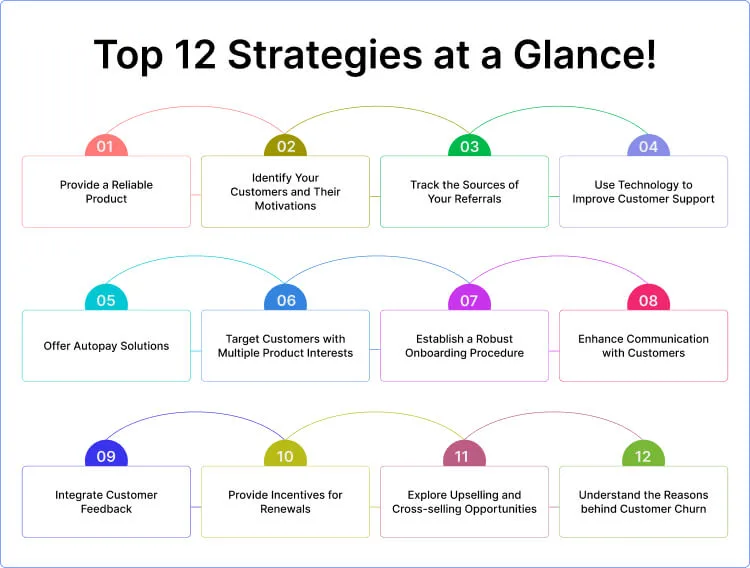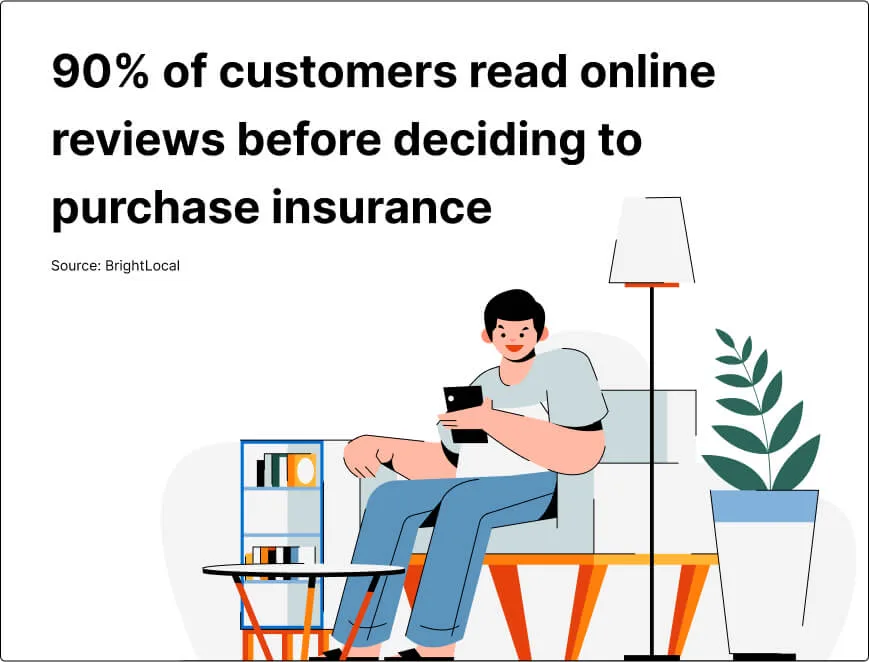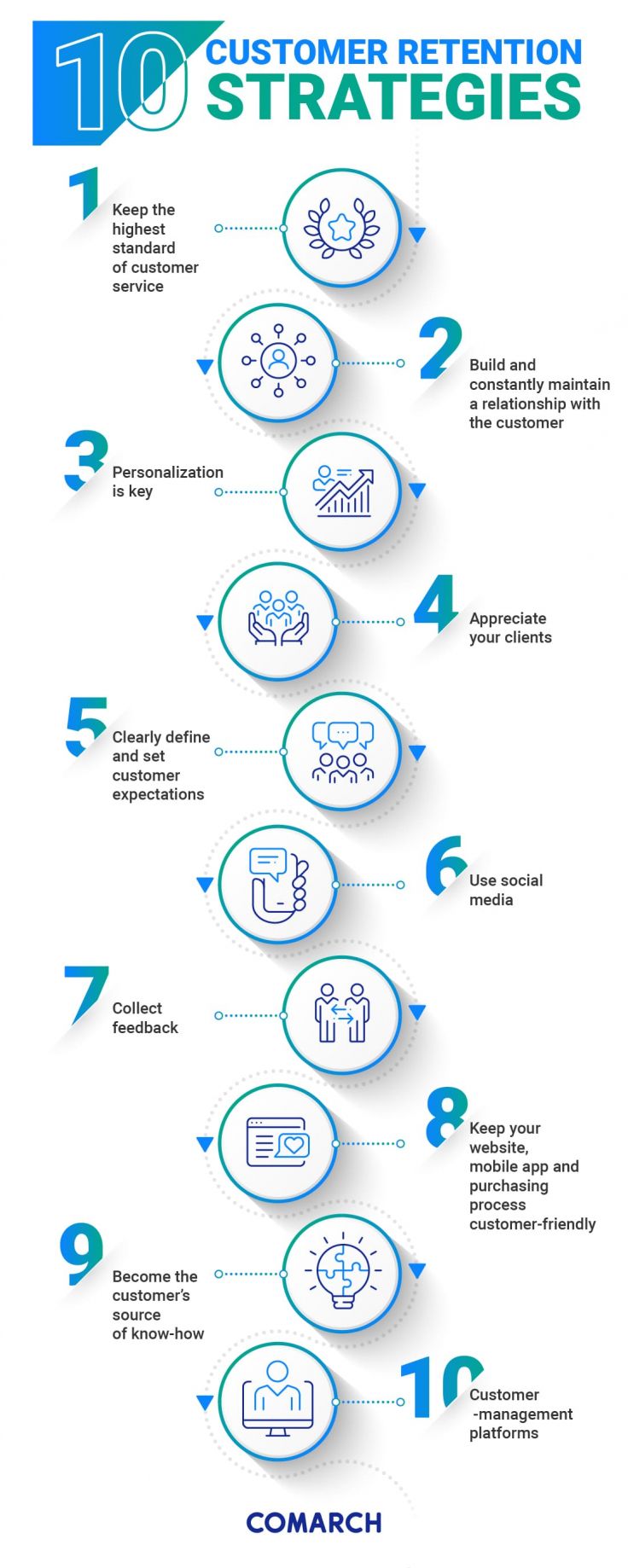Referral programs in insurance marketing are structured strategies that incentivize existing clients and partners to recommend the agency to new customers, thereby boosting client acquisition and retention. These programs typically offer rewards such as cashback, discounts, gift cards, or exclusive services to motivate referrals and turn satisfied clients into active advocates.
Key elements of effective referral programs include:
- Clear program objectives: Define specific, measurable goals such as increasing new client acquisition or improving retention rates.
- Target audience identification: Tailor the program to existing policyholders, partners, or employees, understanding their motivations to refer.
- Incentives: Offer legally compliant rewards that encourage clients to refer others, while ensuring transparency and adherence to state insurance regulations.
- Process documentation and tracking: Establish workflows, use CRM systems or dedicated referral tracking tools to monitor referrals and conversions.
- Staff training and follow-up: Equip staff with scripts and templates to handle referrals and maintain timely communication with prospects.
- Ease of participation: Make it simple for clients to refer others via online forms, automated emails, or mobile-friendly platforms.
Referral programs are highly effective because referrals come with built-in trust, leading to higher conversion rates (up to 71% higher) and better client retention (37% higher retention for referred customers). They also tend to be cost-efficient compared to other marketing channels.
Client retention strategies in insurance marketing complement referral programs and focus on building long-term loyalty through:
- Personalized services and proactive communication: Tailoring products and reaching out regularly to clients to address their evolving needs.
- Loyalty programs: Offering perks such as premium discounts or free policy reviews for long-term clients.
- Feedback loops: Soliciting client feedback to improve service and reinforce loyalty.
- Risk management emphasis: Helping clients understand and manage their risks to increase satisfaction and trust.
- Leveraging technology: Using CRM, automation, and AI tools to enhance client experience and maintain consistent engagement.
Together, referral programs and client retention strategies create a virtuous cycle where satisfied clients not only stay longer but also actively bring in new business, strengthening the agency’s growth and competitive position.





